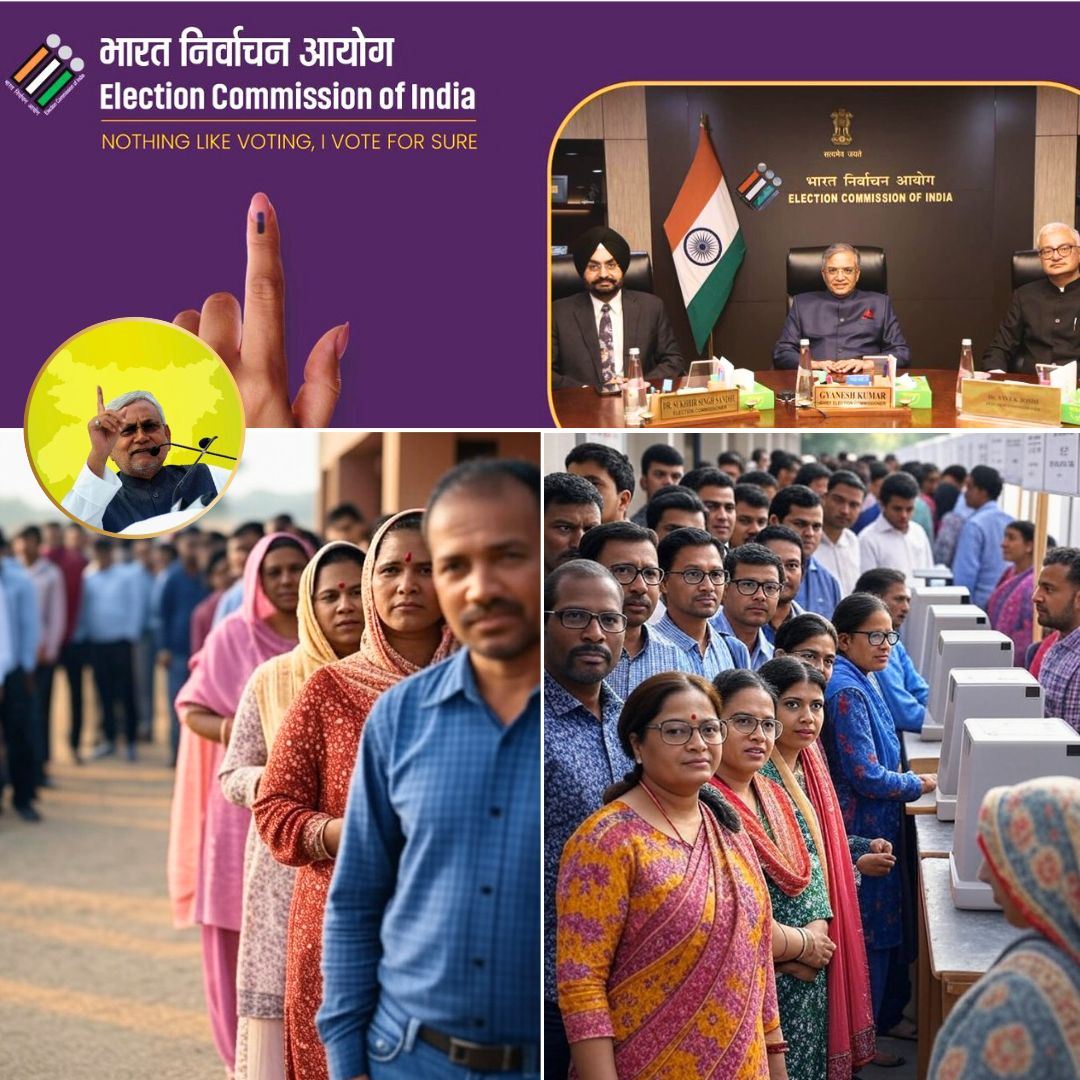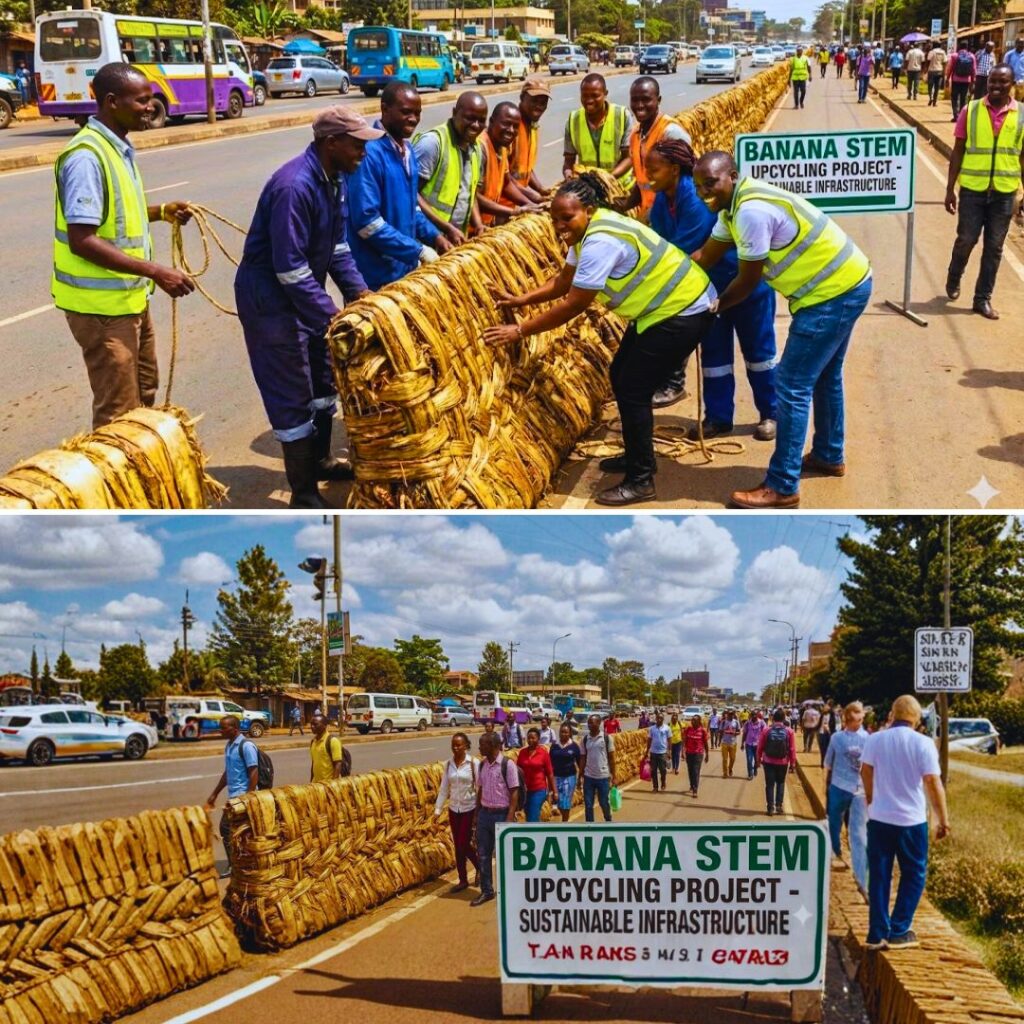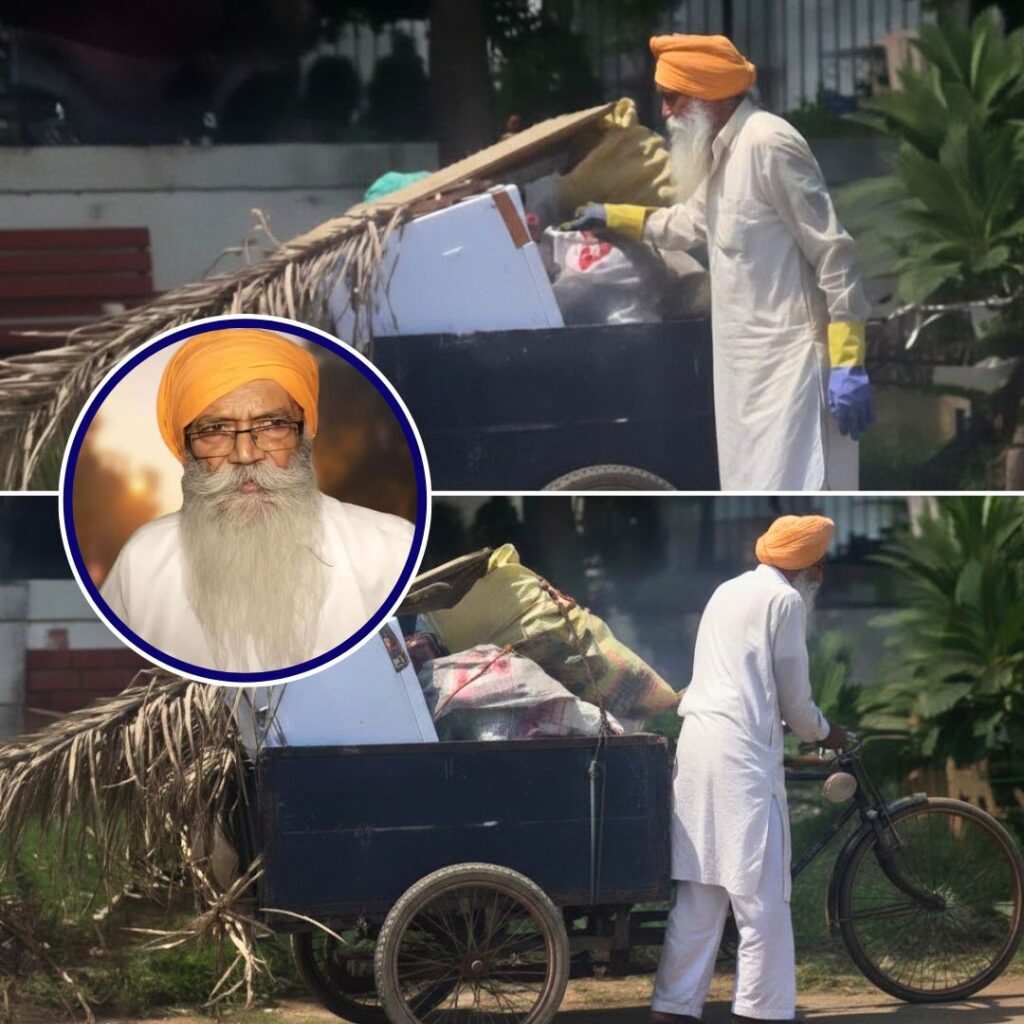The Election Commission (EC) has announced a sweeping update of Bihar’s electoral rolls, identifying around 65.2 lakh names—including 22 lakh deceased, 35 lakh permanently migrated, and 7 lakh duplicate voters—after a Special Intensive Revision (SIR) completed with 99.8% coverage.
This unprecedented overhaul, the state’s first in decades, comes before crucial elections. All questionable names are to be dropped from the rolls, while citizens and parties can challenge or correct entries until September 1, 2025. The draft electoral roll will be published on August 1, amid intense scrutiny, protest, and political debate.
A Massive Clean-Up—Scope, Method, and Immediate Reactions
Launched in June 2025, the SIR exercise was driven by nearly 1 lakh Booth Level Officers alongside agents from all 12 recognised political parties. Spanning Bihar’s 38 districts and a total electorate of 7.9 crore, officials visited door-to-door to verify records. As of July, 7.23 crore completed enumeration forms have been digitised.
The EC’s findings: 22 lakh deceased voters, 35 lakh who have shifted permanently, 7 lakh with duplicate registrations (often in more than one constituency), and an additional 1.2 lakh who could not be traced. Lists of these names were shared with political parties on July 20 to foster transparency and feedback. “These citizens have expressed full faith in the process… names will be included in the draft electoral roll,” stated an EC official, reaffirming the inclusive intent of the overhaul.
While the EC thanked citizens for record participation, the move sparked swift reactions. Opposition groups, notably the RJD and Congress, voiced fears of mass disenfranchisement and alleged the revision could be politically motivated.
“This should not become an exercise in excluding the poor or minorities,” warned one senior Congress leader. In contrast, officials and NDA figures praised the EC’s decision as a long-overdue measure to safeguard democracy and deter electoral fraud.
Background—Legal Scrutiny, Protests, and Political Stakes
This is Bihar’s first such exhaustive revision in over 22 years and has come under additional judicial scrutiny, with the Supreme Court observing the process to protect citizens’ rights. The context is fraught: elections loom, and Parliament has witnessed heated protests over the overhaul.
While the EC emphasises that only ineligible or absent voters are targeted—and no legitimate elector should be left out—critics cite risks of wrongful deletion, especially among vulnerable groups. The EC has responded by simplifying inclusion methods: the public can now file corrections via digital forms, WhatsApp, or physically at designated centres until September 1. The final, updated list will be published by September 30.
The Logical Indian’s Perspective
The integrity of India’s electoral rolls is crucial to the health of our democracy, and Bihar’s clean-up sets a powerful precedent. The EC’s open, accessible window for objections respects the rights of every eligible voter. However, sustained public confidence hinges on absolute transparency and error-free inclusion, especially for the marginalised.
The current controversy is a timely reminder for all citizens to check their voter status, get involved, and hold authorities accountable with compassion and vigilance.











